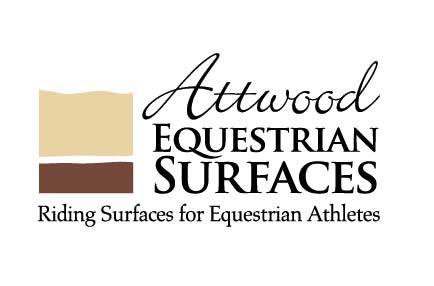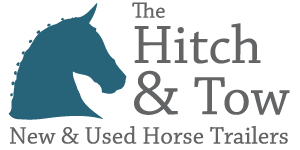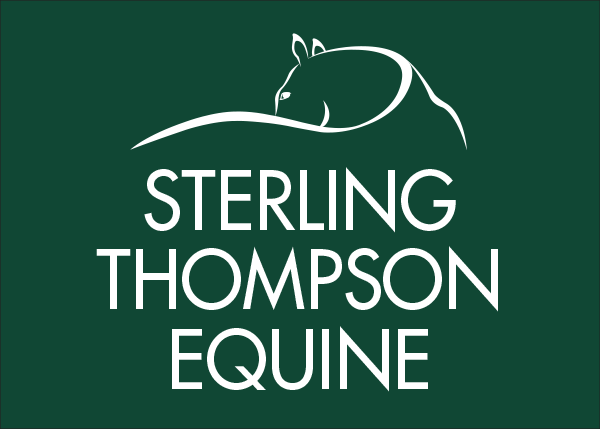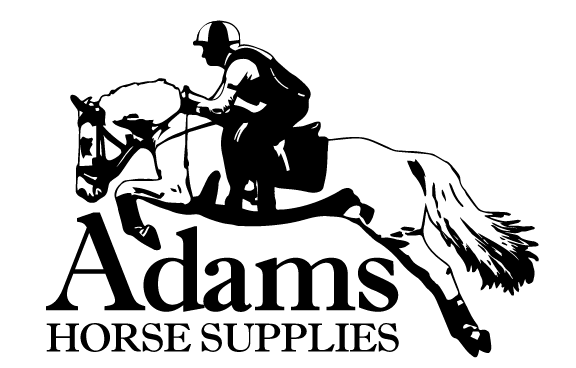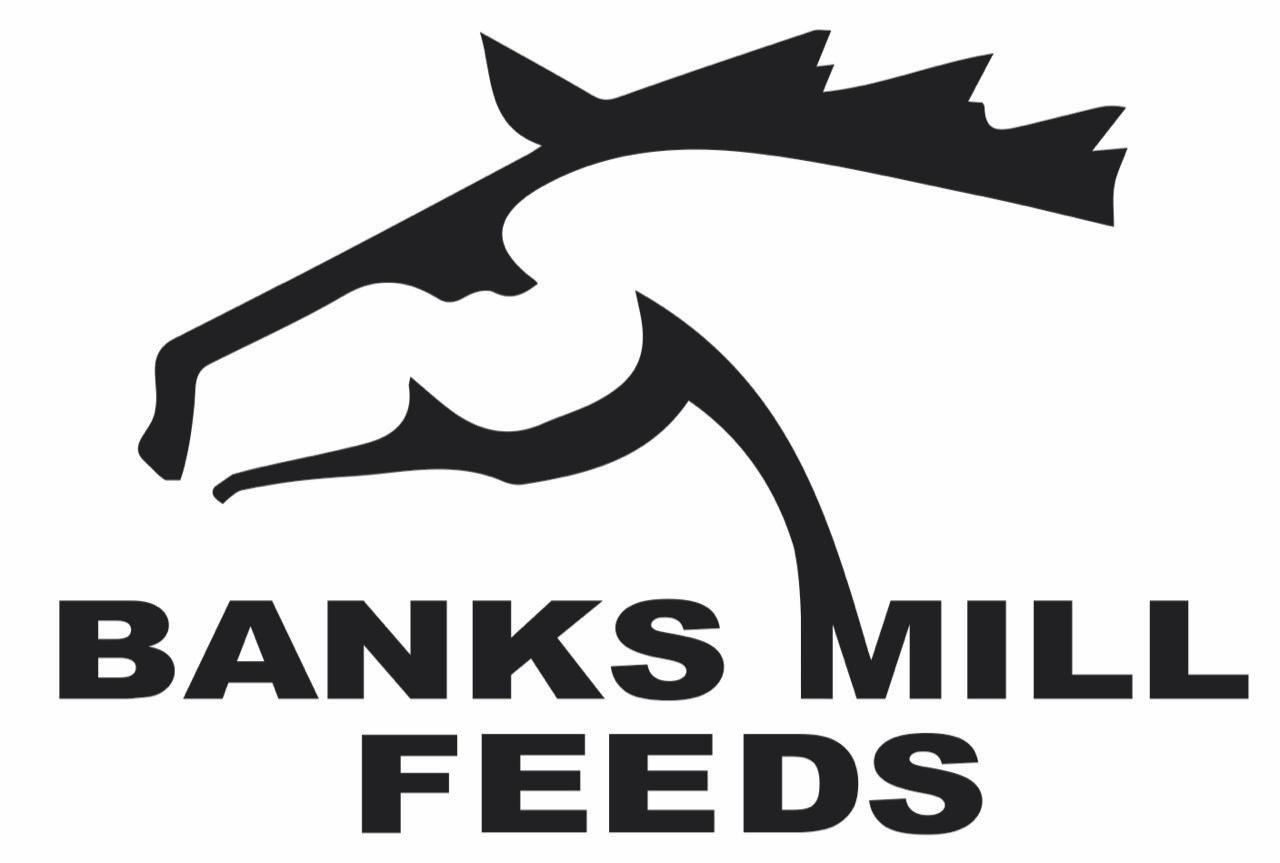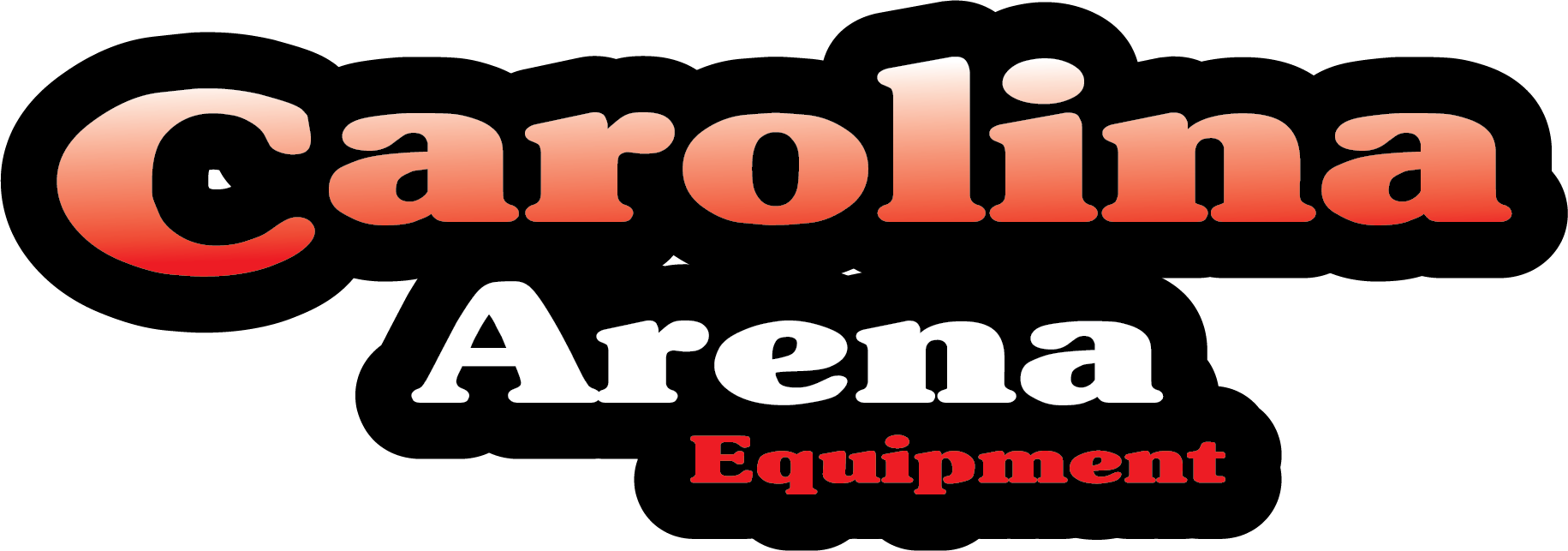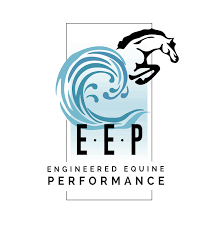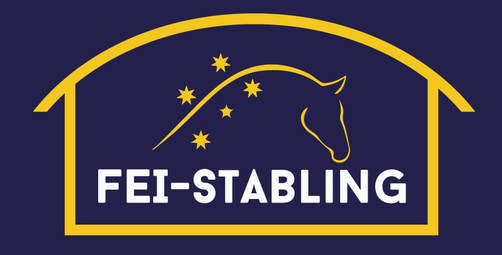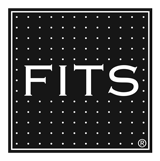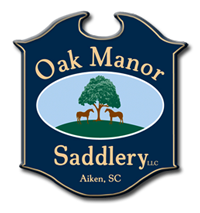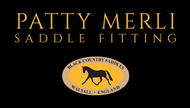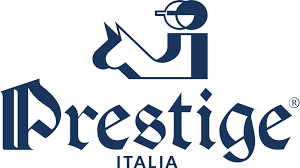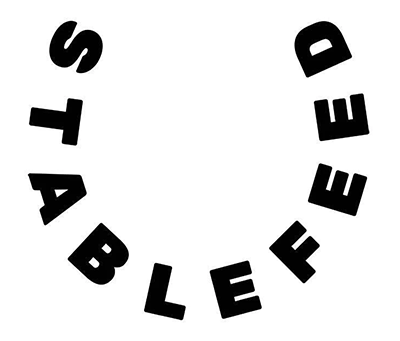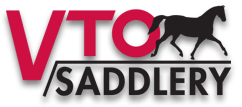A Conversation with William Fox-Pitt
This weekend was a rare opportunity, William Fox-Pitt came across the pond to teach a lucky group of riders how to improve their riding in a two-day clinic here at Stable View. I had a wonderful opportunity to interview William while he was at Stable View and have transcribed it so that you can enjoy it as much as I have.
Taggert VinZant: What words of advice would you give to up-and-coming riders?
William Fox-Pitt: Up and coming riders? I would say that they should get as much exposure and experience in people’s yards as possible. They should get as many opportunities as possible to ride different horses. They should really listen and take things on board and then go for it.
TV: What are some tricks or tips that should be in everyone’s tool bag but you often see missing?
WFP: As in riding repertoire or..?
TV: Right, as in techniques, for example when you were having riders do a sit-sit-rise. Like a technique that someone can use that you see missing; that a lot of people look over or don’t acknowledge.
WFP: I think the important thing is to establish, just to focus on the importance of establishing a contact. To give the horse the contact he requires but it has to be a contact, not a sort of inconsistent way of holding the reins. I think that working on your own suppleness and your position so that you can give a horse a good contact, I think is actually the most important thing.
TV: I have a question that’s also kind of redundant to that one. What’s a common hole that you see in people’s riding? What’s the biggest hole that you see the most often in people’s foundations?
WFP: I think it’s the basics. It’s exactly that. I think the hole is that people progress, people are ambitious, people have other talents which kinda get them up the grades before they’ve actually got the basics really sorted — a kind of understand of what makes a horse go properly.
TV: So they kind of get the right horse, and they just happen to be a gutsy rider and they can…
WFP: Yeah I think it’s amazing what you can do if you have a reasonably good eye, a reasonably brave rider and are determined. You can go a long way with your own character, but I think that more often a lot of things get forgotten on the way and I think the one thing is the basics. I’m teaching the basics every day to my team at home and I’m working on the basics with all my horses from the beginning. It’s something that if you inherit a horse that hasn’t got the basics you soon know about it.
Barry Olliff: An interesting thing I heard you say was, “Don’t get in the way of the horse.” It sort of implies that you can over-engineer, sort of spoil the horse or…
WFP: You can really affect the horse by not allowing him to perform. Whether it’s giving him freedom or preparing him. I think the moments when I said that were with people kind of cramp the horse with something that they do.
TV: That it’s more restricting?
WFP: Yeah, well I think that people tend to restrict when they don’t have a good enough balance to allow.
BO: What’s the difference – if there is a difference – of what either defines the British method or style and the American style or method?
WFP: I’d say that the Brits are more effective and the Americans are more polished.
BO: Could you elaborate?
WFP: I think the Brits are very good at not… or very bad actually at focusing on detail and getting things right. They’re very good at getting on and going and dealing with a situation. They’re quite effective as a rule. They’re often quite natural. But they often don’t concentrate on the detail. I think the Americans are very good at the detail, sometimes at the expense of… an expression I say, at the expense of getting on with it. Operate, sometimes they over-complicate things. A nice mix of the two is what you really want.
TV: With the recent removal of several sports from the Olympics, do you think the equestrian events will be at risk for the next cut?
WFP: I think that the equestrian events have always felt at risk, for years. I think it is a very difficult sport to fit into any venue. We see in the past it’s been a lot of effort to stage equestrian Olympics. I mean look at the trouble Atlanta went to, look at the trouble Hong Kong went to, Athens went to, all in venues well away from the actual Olympics, outside the whole epicenter. I think London, that’s the only reason really people pushed to have London in London was to bring in, give equestrianism a chance to being back in the game. I think it’s always going to be at risk, it’s a very expensive sport. People feel that the numbers that participate aren’t as significant as in other sports. But it would be very very sad if equestrians disappeared from the Olympic sports, from the Olympic games from the word go. It would be a very bitter blow for equestrian sports to be lost to the Olympics. I worry that eventing might go while show jumping and dressage could stay even. Which would be really unfortunate.
TV: I could see that as well.
WFP: Eventing is very complicated and needs a lot of space. I think that the sport becoming short format has certainly kept eventing in the olympics as long as it has. London couldn’t have happened long format, Athens couldn’t have happened long format, Beijing couldn’t have happened long format. It’s certainly helped from that point of view.
TV: I know we’re kind of jumping from a global scale to local again, but this a question that I was requested to ask you: Where do you begin when you’re working a horse on the flat? What is the process that you go through in your head? What are you looking for first when you start working a horse?
WFP: My God…
TV: (laughs) Talk about a bigger question.
WFP: That is a big question. The first and foremost thing is you have to have a clear line of communication. So, does the horse that you’re riding go over the piece of ground that you want him to go over at the speed you want him to go over it. So, how is your control? How is the horse responding to your riding? How controllable is he? And if he’s not able to do that he’s not broken in. When you look at what an event horse has to do, the microscopic detail he has to perform at and the fences he has to jump and the centerline he has to canter down, they need to learn to do that from as soon as they can. From the moment you break a horse in you’re training him to be in tune to you. And to understand that why does the leg mean go and the reins mean stop. How do you teach them that? It’s quite a far reaching question, but I think that’s the most important thing. So I want the horse to do what I want. Then I want him to do it in the way that I want him to do it.
TV: Well at least this next question is a bit more specific. What are the top 3 things you look for in a top notch facility?
WFP: I would expect, first of all, for the horses to be comfortable. So stable and field is very important. Then I would look for good riding out, a good facility, particularly this time of year for getting the horses conditioned. Then obviously the arenas are very important, where you can ride. How you all fit in to a certain facility, how much space there is.
BO: That question, by the way, wasn’t asked by Cindy and I. It wasn’t a planted question. (laughs)
TV: No, no, I wrote all the questions. I think atmosphere is also a very important factor for a good facility. What do you think defines a good atmosphere and what can facilities do to improve their atmospheres?
WFP: It comes from the management really, it comes from the whole team feeling of an event. What they want from it, what rubs off on all their volunteers and their team. But I think also it’s the excitement and the anticipation of the crowd that comes, what they’re looking forward to, what they’re looking to see. It goes beyond that, it goes into the venue, the type of cross country course, how much people can see. I think one of the great things about Rolex is that everyone who comes to Rolex — it’s often the big thing of the year. There’s great enthusiasm from the Rolex crowd that you may not get in other parts around the world because people take it a little bit more for granted. They say “Oh well we’re gonna go to Badminton, it’s a couple of hours away. We’ll just nip across for cross country day, we’ll see a few friends, then we might watch a couple horses go cross country, have a few beers and then go home.” If you come to Rolex, you sort of made, a lot of people made a huge effort.
TV: It’s kind of the only CCI**** on this side of the world.
WFP: It’s the only CCI**** so it has that advantage. It does have a bit more clout. There is nothing else like it. So you feel everything about Rolex is quite special.
TV: Do you think, and this might be a little bit out of perspective, but do you think there’s anything the smaller events can do, where they don’t have that clout to back themselves up, to improve their atmosphere?
WFP: I think if you get good riders, get good sponsors, and put on a decent prize, you can make quite a normal event quite special. There are opportunities for events to become a bit more exciting. I think also having a good weekend so people can come. Small events can be very exciting in their own way, but probably in a smaller way. They’ve just got different approaches to it. Your one-day at the Fork or Red-hills is never going to be what you get at Rolex. It doesn’t mean it can’t be quite exciting.
TV: Well thank you very much for answering so many questions and answering them so thoroughly.
